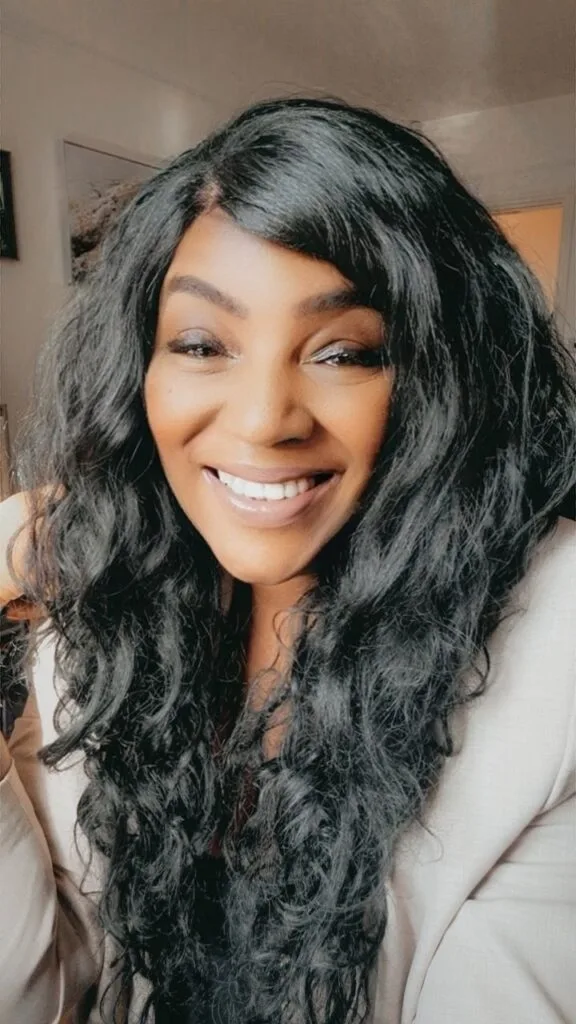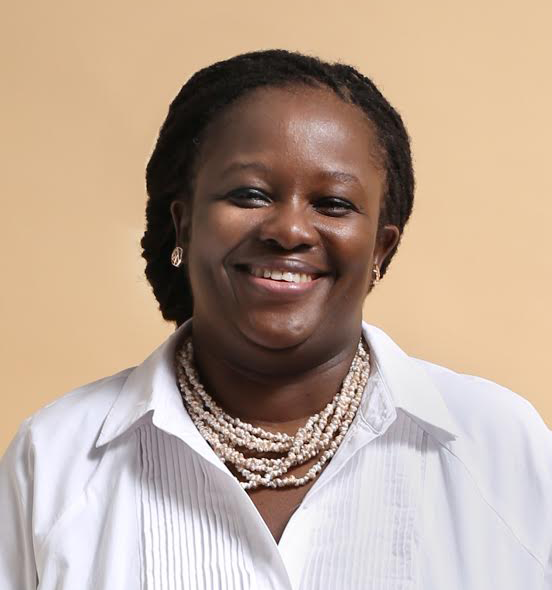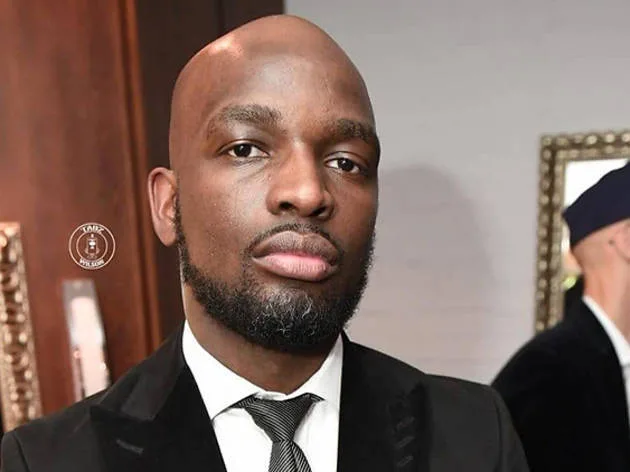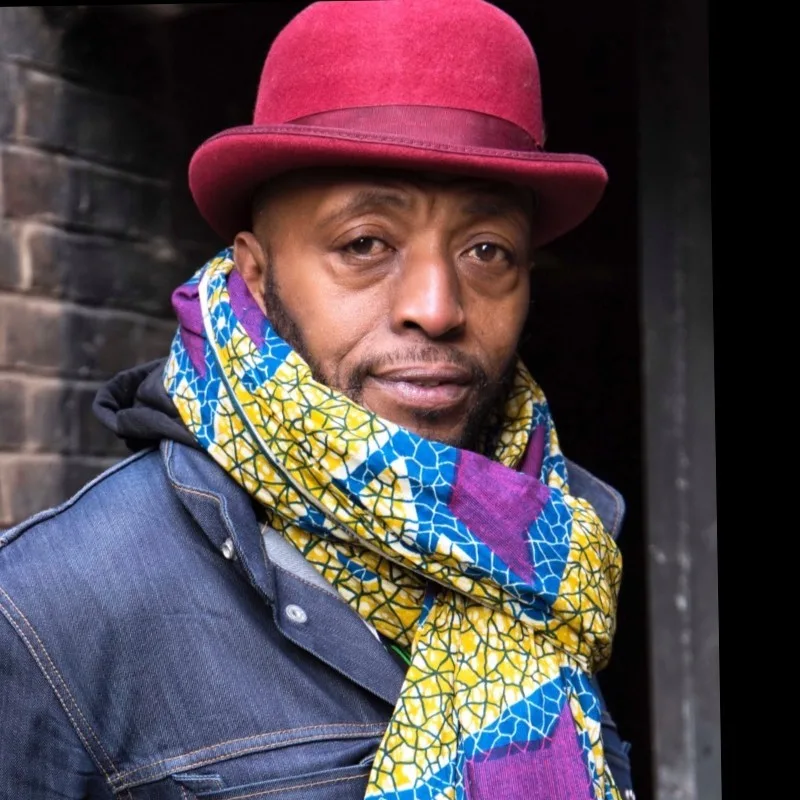EARLY 20th CENTURY African-American entrepreneurs such as Madam CJ Walker, Annie Turnbo Malone, and more recently the likes of Daymond John and Jay Z, are among the most iconic and celebrated business and cultural figures.
A key factor in their success was the direct impact of Black consumers choosing to embrace the concept of ‘buying Black’, which involves purchasing goods and services from other African Americans as a response to systemic racial inequalities.
In turn, Black business owners often felt a strong sense of responsibility to reinvest in the communities that supported them by creating jobs and supporting community initiatives.
The concept of buying Black is a less well-established tradition in the UK. However, that may be changing.
A powerful consumer-led movement has emerged in the years since the summer of 2020, which saw global protests following the tragic death of George Floyd.
This movement is championing Black-owned businesses, which emerged in the fight for Black economic empowerment in the UK.

When So Solid Crew member Swiss launched Black Pound Day (BPD) in June 2020, with the aim of encouraging consumers to buy from Black-owned businesses, it was met with widespread support.
And the ‘Buy Black’ movement is continuing to gain momentum.
The Black Pound Report 2022 produced by culture change agency BACKLIGHT revealed African Caribbean consumers possess an estimated £1.1 billion in disposable income and increasingly prioritise buying products from Black and minority ethnic-led businesses.
Events like the Birmingham Black Business Show, the UK Black Business Show, and Manchester’s Black Owned Business Expo have helped to shine a spotlight not only on the role that Black entrepreneurs’ play in contributing an estimated £25 billion to the UK economy, according to recent figures from the Federation of Small Businesses.
These events are also showcasing the fact that entrepreneurs, supported by consumers who are choosing to buy Black, are helping to create opportunities and social mobility in the ethnically diverse areas where they are often based.
They are playing a leading role in backing education, training and mentoring initiatives for young people from underrepresented backgrounds, partnering with organisations to run key health campaigns, donating a portion of profits to charities and youth organisations and creating employment opportunities for communities in Africa and the Caribbean that harvest the ingredients used in some products.
Among them is Norma Jean Murrain Banton who founded the successful Birmingham-based jewellery business Silverfish.
As well as running her company she launched in 2021 the UK’s first culturally diverse academy for young jewellers from Black and minority ethnic backgrounds who would otherwise have struggled to get into the lucrative industry.
There are also entrepreneurs like Patricia Monney who was inspired to launch a skincare and beauty brand Aviela after shea butter – a staple ingredient used in many Ghanaian households – helped her two-year-old daughter to walk for the first time during a holiday trip to the West African country.

A portion of her profits go to creating employment opportunities for the Women’s Collective in Northern Ghana, who farm the shea nuts from which her products are made.
There are others such as Emmanuel Asuquo. His path to becoming a successful independent financial advisor began after dreaming of working in one of the skyscrapers in Canary Wharf which he could see from his bedroom window on a council estate in Tower Hamlets.
As well as working with high-profile corporate clients and developing a growing national media profile, he has used social media to mentor thousands of Black Britons about how they can create generational wealth.
This has led some commentators to hail the emergence of a socially conscious generation of Black British entrepreneurs who are intent on using business success to drive transformative social change.
It’s a view that Swiss firmly believes is true. “It’s a great time to be a Black business owner because of the support from the ‘buy Black’ movement” he says.
“But more of us are thinking about how we can impact the next generation, give them a leg up and create generational wealth. People can see and understand instantly the impact they have as conscious consumers on social media.
“They can see the comments, the likes, they can post videos about the products they buy. It’s a national movement on social media.
“But it’s important to think about how that impact can be used to support young people in the right way. This is a holistic way of approaching business.

“Not only are we business owners, we focus more on employing and creating opportunities for young people in our community.
“What we’re talking about here is the same model that’s employed in the Asian and Jewish communities.
“There’s this whole community thing happening now where we’re leaning on each other’s shoulders helping each other out, And I feel like that’s going to happen more and more.”
According to a 2018 report by Professor Monder Ram, Director of the Centre for Research in Ethnic Minority Entrepreneurship at Aston University, Black and minority ethnic entrepreneurs play a key role in fostering economic growth and empowering communities by providing opportunities for social mobility.
Five years later, post-George Floyd, he saw that trend continuing.
“This issue was crystallised for me when I attended the first Black Business Show in Birmingham, last year” he says.
“I got talking to a young man, a former Aston University student, and his father who ran his own business. You could see the dignity, the work and the effort this man put in, not only to develop his business but to educate his son.
“For me that was the essence of what is happening. Success isn’t a purely selfish endeavour, it’s about creating a platform for the next generation’s social mobility and success.
“The pioneer generations’ efforts have supported subsequent ones, highlighting the intergenerational impact of Black entrepreneurship.

“I agree with the analysis that there’s been a heightened social consciousness in the Black community since George Floyd’s death.
“As someone from multicultural Birmingham, I see talented, hardworking Black entrepreneurs every day, but mainstream media often overlooks this.”
For people like Nicholas Okwulu, who runs social enterprise Pempeople (People Empowering People) the fact that Black entrepreneurs are taking a lead in empowering their communities is as much to do with the influence of cultural heritage as it is with the events that followed George Floyd’s tragic death.
His company, based in south-east London, provides workshops, studios and multidisciplinary spaces for voluntary groups but also supports them in gaining funding.
Okwulu says his approach to business has been directly shaped by his upbringing in Nigeria.
“It’s often said in the Black community that it takes a village to raise a child” he says.
“I’m very much a product of that ethos. In the area I grew up in the mindset was that if someone launched a business or built something, the family, the village, would benefit. Everyone could eat.
“This mindset has had a direct influence on how I do business. My approach is ‘I’m at a certain level, how do I help you get to that level?
“How can I help you create generational wealth and pass it on? That’s why it’s so important for each of us to invest in Black businesses, to help them survive just like any other business.”
Bristol-based Keri Andriana is another entrepreneur whose approach to business draws inspiration from her cultural heritage.
Andriana, who recently became one of a small group of Black female entrepreneurs to secure a six-figure investment in her vegan accessories company Amschela, is the granddaughter of the late Roy Hackett, a key figure in the landmark 1963 Bristol Bus Boycott.
Amschela’s range of luxury vegan bags have been featured in many of the world’s top fashion magazines such as Vogue and Vanity Fair, and she has been invited four times to showcase her products at the prestigious London Fashion Week.
However equally as important to Andriana is Amschela’s commitment to providing opportunities to young people who are often excluded from careers in the fashion industry.
“We have a business that’s there to make money, but equally as important is the social impact side of the business” she says.
“I’ve been very deliberate in opening up the company to be a vehicle of learning, allowing young people who, either because of where they live, or the colour of their skin don’t get opportunities to get into the industry.
“So some of the young people that have come through us have gone on to big fashion houses such as Chanel and Dior.
“It’s not about having young people on board to make the tea and coffee. It’s giving them real opportunities that allow them to join the job market with a chance of success.”
Andriana says this is a legacy of her celebrated grandfather, and other Windrush Generation community activists she knew growing up in Bristol.
“The influence of my grandfather is that I find it difficult to call myself a success just based on how much money I make.
“There is a lack of jobs for college and university graduates which is heartbreaking for me. We have an obligation to bring young people through as much as we can.”
A large body of research has shown that when trying to grow a business, Black and minority ethnic entrepreneurs face significant challenges, which hinder their growth prospects and the social impact they can make.
According to the 2021 Lloyds bank-commissioned study ‘Black, British: In Business & Proud’ from the Black Business Network, many business owners lack trust in the main UK banks which impacts their rate of success.
The report found that less than half of over 800 Black entrepreneurs surveyed trusted banks to support them with the necessary capital to grow their businesses.
In recent years banks like Lloyds and NatWest have introduced a series of initiatives to help Black and minority ethnic start-ups.
However, Ram says that it’s critical that the whole of the banking sector recognises the need to support entrepreneurs from underrepresented backgrounds.
“Some banks are doing some useful work in this area, and that’s to be welcomed, but I still think there’s a lot more that needs to be done.
“It needs to be evident in the way they work with business owners and also that they have people of colour on their teams. I hope that’s going to be the case but we need to keep the pressure on.”



